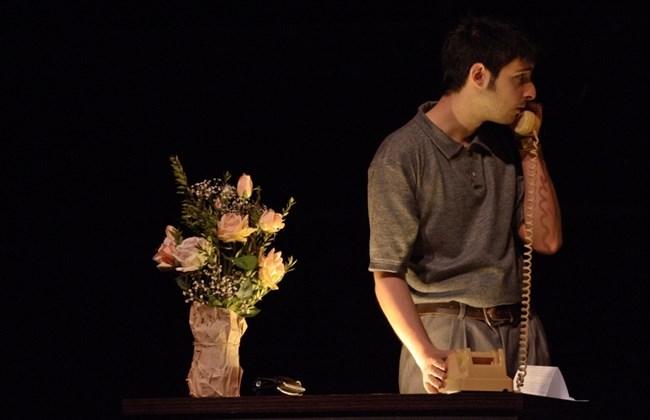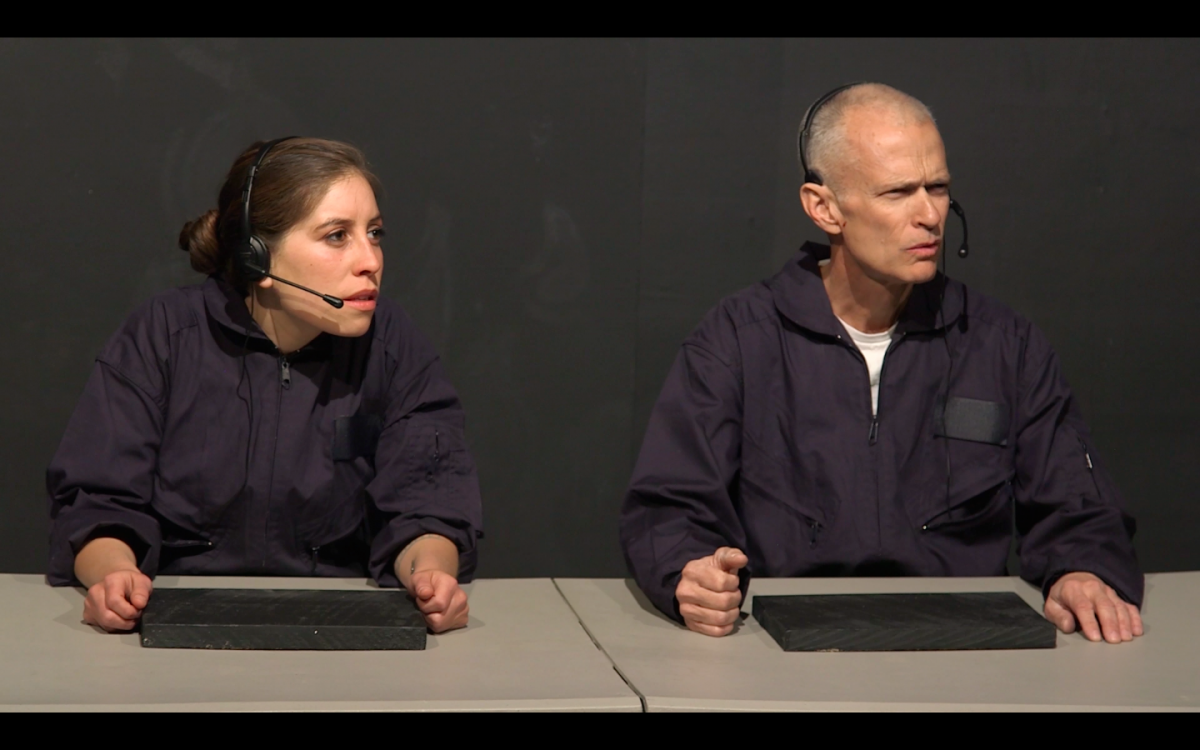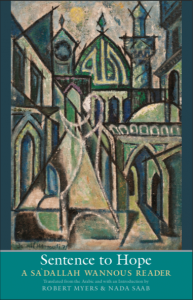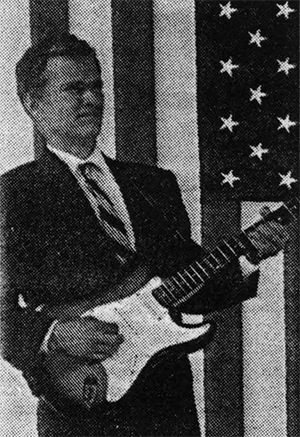By India Stoughton, The Daily Star
“The audience that descended on the Lebanese American University’s Irwin Theater Friday night for a performance of Saadallah Wannous’ “The Rape” sat in rapt silence as the brutal events played out on stage. Directed by Sahar Assaf, in a new English-language translation by Nada Saab and Robert Myers, the production is the fruit of a collaboration between LAU and the American University of Beirut.”
Read article
















